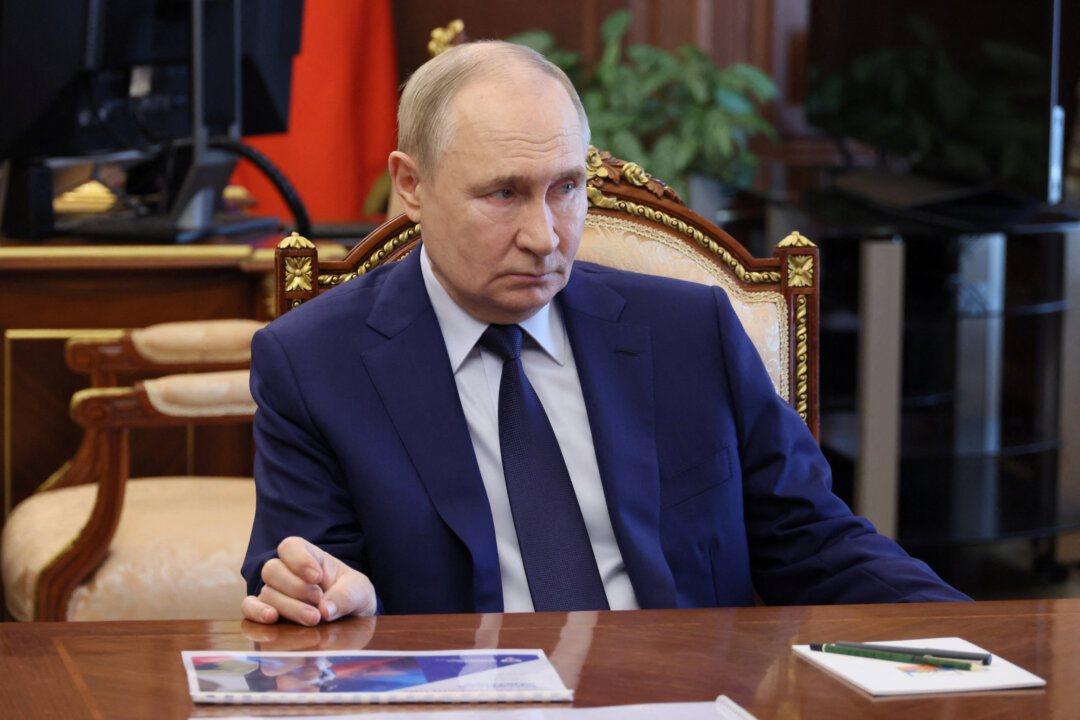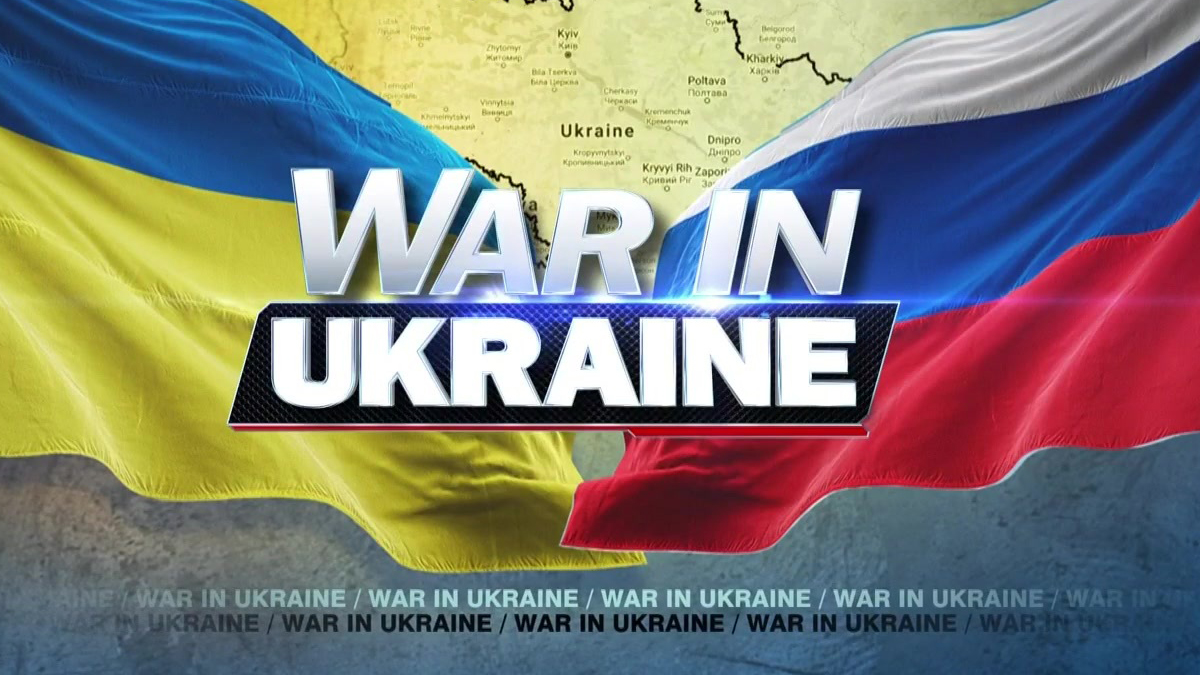Ukrainian President Volodymyr Zelenskyy is making a renewed call for peace talks with Russia as the conflict intensifies, culminating in a severe drone attack that left casualties in the coastal city of
Did You Know
Canada has more lakes than the rest of the world's lakes combined.
?
AD
Odesa. This escalation showcases the persistent threat posed by Russian military forces, which launched a significant number of missiles and drones during recent assaults. Zelenskyy emphasizes that direct negotiations with Russian President Vladimir Putin are essential to halt the violence and move toward a resolution.
The Kremlin has indicated a willingness to engage in discussions but insists that any peace framework must prioritize achieving Russia’s strategic goals, particularly regarding territorial claims over regions annexed by Russia. This complex negotiation landscape is further complicated by international pressures, especially following U.S. President Donald Trump’s announcement of tougher sanctions against Russia. Trump’s ultimatum that demands a ceasefire within 50 days illustrates a critical response from the West aimed at influencing the situation in the region.
Amid these turbulent developments, calls for high-level diplomatic interventions grow louder. Leaders from various nations are urging direct talks between key figures, including Trump and Putin, to address the urgent situation facing Ukraine. While both Ukraine and Russia present divergent visions for peace, the pressing need for dialogue is clear. As the drumming of war continues, the hope for a breakthrough in negotiations remains a critical path toward lasting peace in the region.
Q&A (Auto-generated by AI)
What are Russia's main goals in Ukraine?
Russia's primary goals in Ukraine include maintaining control over the four regions it illegally annexed in September 2022 and ensuring its influence in Eastern Europe. The Kremlin aims to achieve military and political objectives that solidify its power and counter Western influence. Kremlin spokesman Dmitry Peskov has emphasized that achieving these goals remains a priority, even as Russia expresses openness to peace talks.
How has the U.S. responded to the conflict?
The U.S. has taken a firm stance against Russia's actions in Ukraine, implementing a series of sanctions aimed at crippling the Russian economy and pressuring Moscow to cease hostilities. Recently, U.S. President Donald Trump issued a 50-day deadline for Russia to agree to a ceasefire or face tougher sanctions. This reflects a broader strategy of supporting Ukraine through military aid and diplomatic efforts.
What led to the current peace talks?
The current peace talks were prompted by ongoing violence and significant military escalations, including drone and missile attacks by Russia. Ukrainian President Volodymyr Zelenskyy has proposed renewed negotiations, emphasizing the need for a ceasefire and direct dialogue with Russian President Vladimir Putin. The international community, including the U.S. and EU, has also encouraged these discussions to stabilize the region.
What are the implications of EU sanctions?
EU sanctions aim to increase economic pressure on Russia to deter its military aggression in Ukraine. Recent measures include lowering the price cap on Russian oil exports, which is intended to limit Russia's revenue from energy sales. These sanctions can strain the Russian economy, but they also risk escalating tensions and could lead to retaliatory actions from Moscow, affecting global markets.
How does public opinion affect peace negotiations?
Public opinion plays a crucial role in shaping the positions of both Ukrainian and Russian leaders during peace negotiations. In Ukraine, citizens largely support a strong stance against Russian aggression, while in Russia, state-controlled media influences perceptions of the conflict. Leaders must balance public sentiment with diplomatic necessities, as widespread discontent can undermine their negotiating power.















